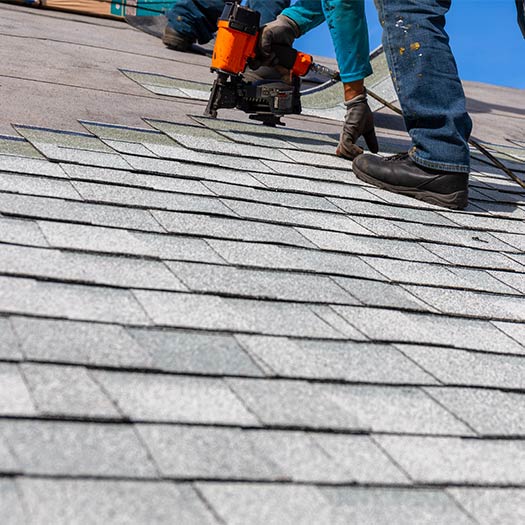How Much Does Roof Replacement Cost
A home’s roof is one of its most critical components, protecting both the structure and its occupants from the elements. However, it is also one of the most expensive to repair or replace. Whether you’re looking to replace a damaged roof or upgrade to a new roof material, it’s always a good idea to have a clear understanding of the cost involved. In this blog post, we’ll take a closer look at the various factors that can impact the cost of a roof replacement and help you better understand what to expect.
Roofing Material
One of the most significant factors that can impact the cost of a roof replacement is the type of roofing material being used. Asphalt shingles are the most common roofing material, and they are also the most budget-friendly, making them a popular choice among homeowners. However, if you’re looking for something more durable and long-lasting, you may need to be prepared to spend more. Other popular options include metal, slate, and tile roofing, which can cost two to four times more than asphalt.

Size of the Roof
The size of the roof is another critical factor that can impact the cost of a roof replacement. The bigger the roof, the more materials and labor required to replace it, which can significantly increase the overall cost. Other factors to consider when determining size include the pitch and shape of the roof, as well as any additional features like skylights or vents.
Demolition and Disposal
Another cost factor to consider is the removal and disposal of the old roofing materials. Demolishing and disposing of an old roof is typically more expensive than installing a new one. The cost will depend on several factors, including the weight of the old materials, accessibility, and local disposal fees.
Labor Costs
The cost of labor is another significant factor to consider when looking at roof replacement costs. Labor costs typically make up a substantial portion of the total cost of a new roof. The more complicated the installation, the more labor required, and the higher the cost. It’s essential to get a detailed estimate from your roofing contractor that outlines all labor costs involved, so you know exactly what you’re paying for.
Additional Factors
Several other factors can impact the cost of a roof replacement project. For example, if your roof has structural damage that needs to be repaired before the replacement can take place, this will add to the overall cost. Additionally, if you live in an area prone to extreme weather conditions, like hurricanes, tornadoes, or heavy snow loads, you may need to invest in additional materials or installation techniques to ensure your roof can withstand the elements.
Climate and geography can also play a role in determining the best roofing materials for your home, which can affect the cost.
In some cases, you may be able to save on costs by opting for a roof repair rather than a full replacement. However, this option should only be considered if your roof is relatively young and the damage is minimal. In many cases, the cost of multiple repairs can quickly add up to the cost of a full replacement, making it a more practical and cost-effective option in the long run.
Replacing your roof is a significant investment as a homeowner, and it’s essential to have a clear understanding of the cost involved. Several factors can impact the cost of a roof replacement project, including roofing materials, size, demolition and disposal, labor costs, and additional factors like structural damage or severe weather conditions. The best way to get an accurate estimate of the cost of a new roof is to contact a roofing contractor who can assess your specific needs and provide you with a detailed estimate. Remember that a quality roof replacement is an investment that will protect your home and family for years to come.

